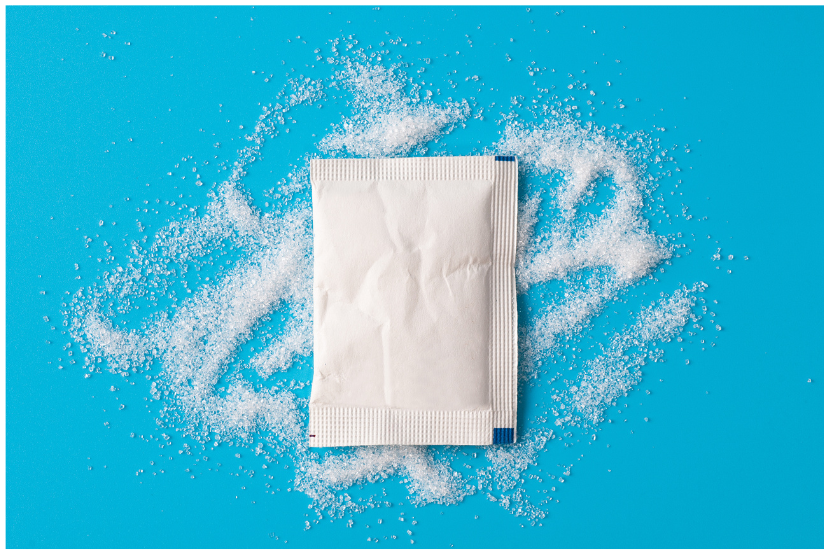
This week, the World Health Organization (WHO) released a new guideline on artificial sweeteners, which recommends against the use of these sugar substitutes to control body weight or reduce the risk of noncommunicable diseases. Some examples of the sweeteners include aspartame, saccharin, sucralose and stevia.
The recommendation is based on the findings of a systematic review of the available evidence which suggests that use of these artificial sweeteners does not confer any long-term benefit in reducing body fat in adults or children. Results of the review also suggest that there may be potential undesirable effects from their long-term use, such as an increased risk of type 2 diabetes, cardiovascular diseases, and mortality in adults.
Francesco Branca, WHO Director for Nutrition and Food Safety, says people need to consider other ways to reduce free sugars intake, such as consuming food with naturally occurring sugars, like fruit, or unsweetened food and beverages. Non-nutritive sweeteners “are not essential dietary factors and have no nutritional value. People should reduce the sweetness of the diet altogether, starting early in life, to improve their health.”
Artificial Sweeteners and Mental Health
According to Harvard psychiatrist, Dr. Chris Palmer, author of Brain Energy, “Some people aren’t ready to give up sweet desserts or beverages, and there is existing evidence that switching from sugar-sweetened beverages to zero-calorie ones is beneficial. For a long time, I didn’t think artificial sweeteners could possibly have any negative effects on mental health. However, more research is challenging this assumption.”
Furthermore, Dr. Palmer says that some artificial sweeteners may worsen mental health. “At least one animal study suggests that aspartame, often found in diet soft drinks and sugar-free sweets, may contribute to anxiety symptoms and that these effects can be passed on to future generations,” says Dr. Palmer. “For these and other reasons, I now encourage people to work toward a diet without added sugars or zero-calorie sweeteners.”
The WHO recommendation applies to all people except individuals with pre-existing diabetes and includes all synthetic and naturally occurring or modified non-nutritive sweeteners that are not classified as sugars found in manufactured foods and beverages, or sold on their own to be added to foods and beverages by consumers.
Though the new guideline does not apply to individuals with pre-existing diabetes, anyone with diabetes who is concerned about the new recommendation should consult their doctor to assess whether their continued use of artificial sweeteners is safe.
“It can take time for people to make dietary changes, but once people go without sweetened foods and beverages for a few months, they often lose their cravings for sweets and instead find berries and other natural foods quite sweet on their own,” says Dr. Palmer.
The WHO guideline on non-nutritive sweeteners is part of a suite of existing and forthcoming guidelines on healthy diets that aim to establish lifelong healthy eating habits, improve dietary quality and decrease the risk of non communicable diseases worldwide.
Source: https://www.who.int/news/item/15-05-2023-who-advises-not-to-use-non-sugar-sweeteners-for-weight-control-in-newly-released-guideline


